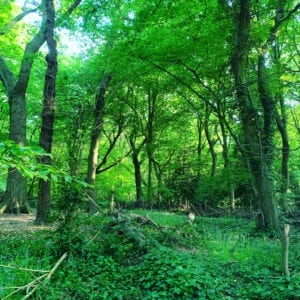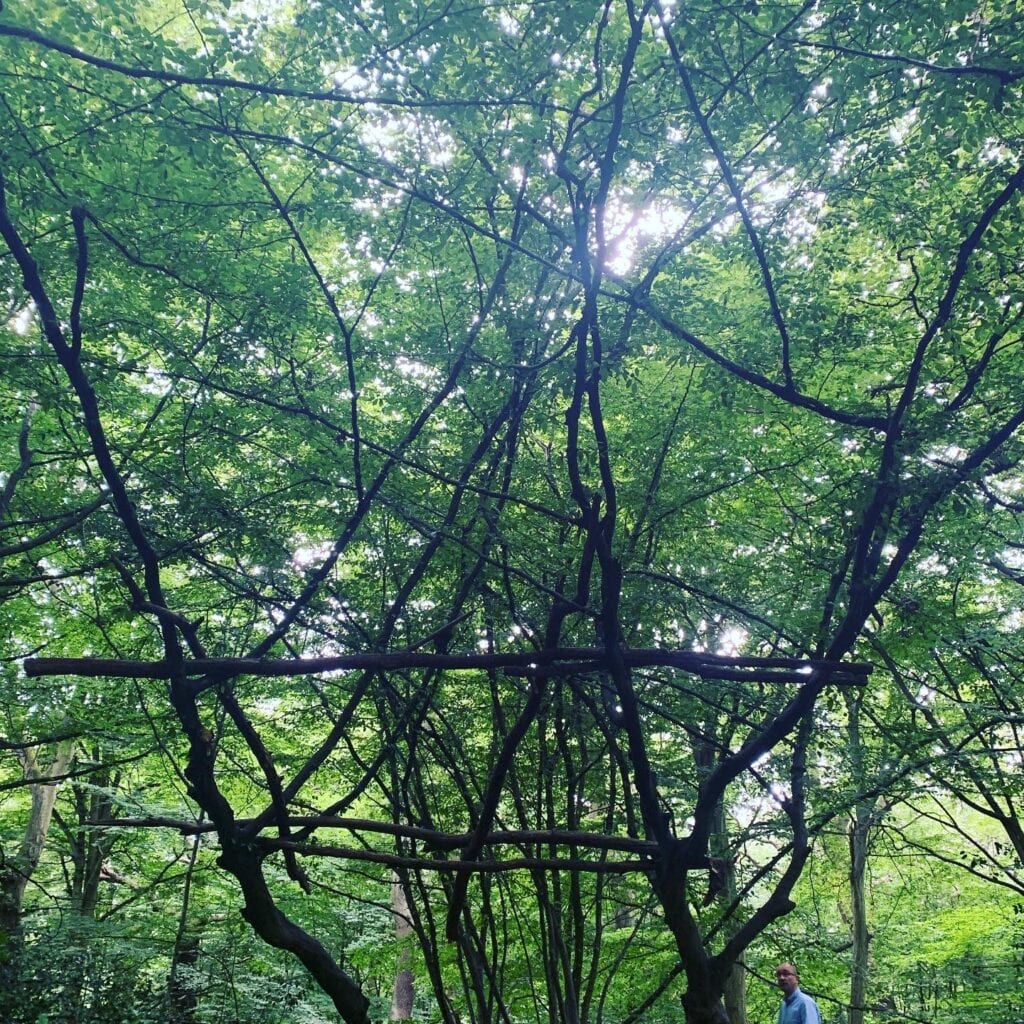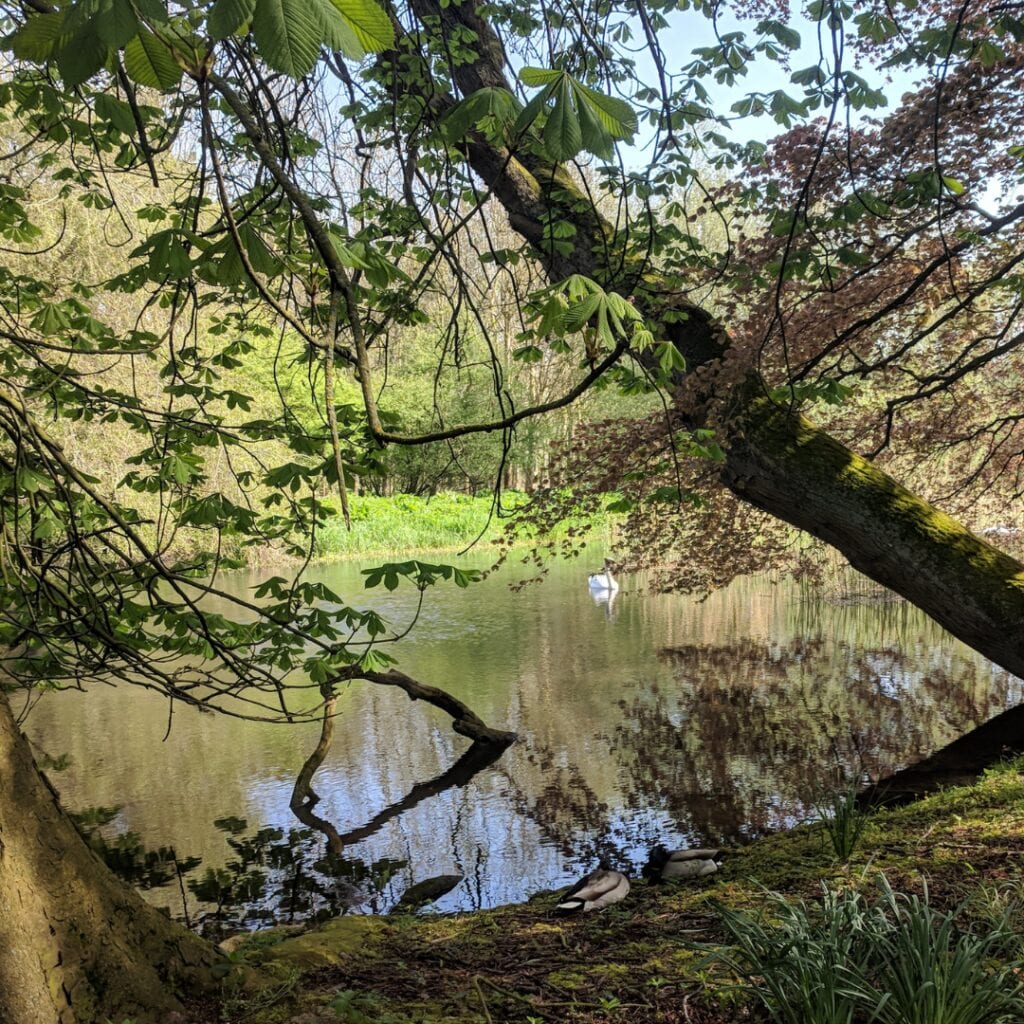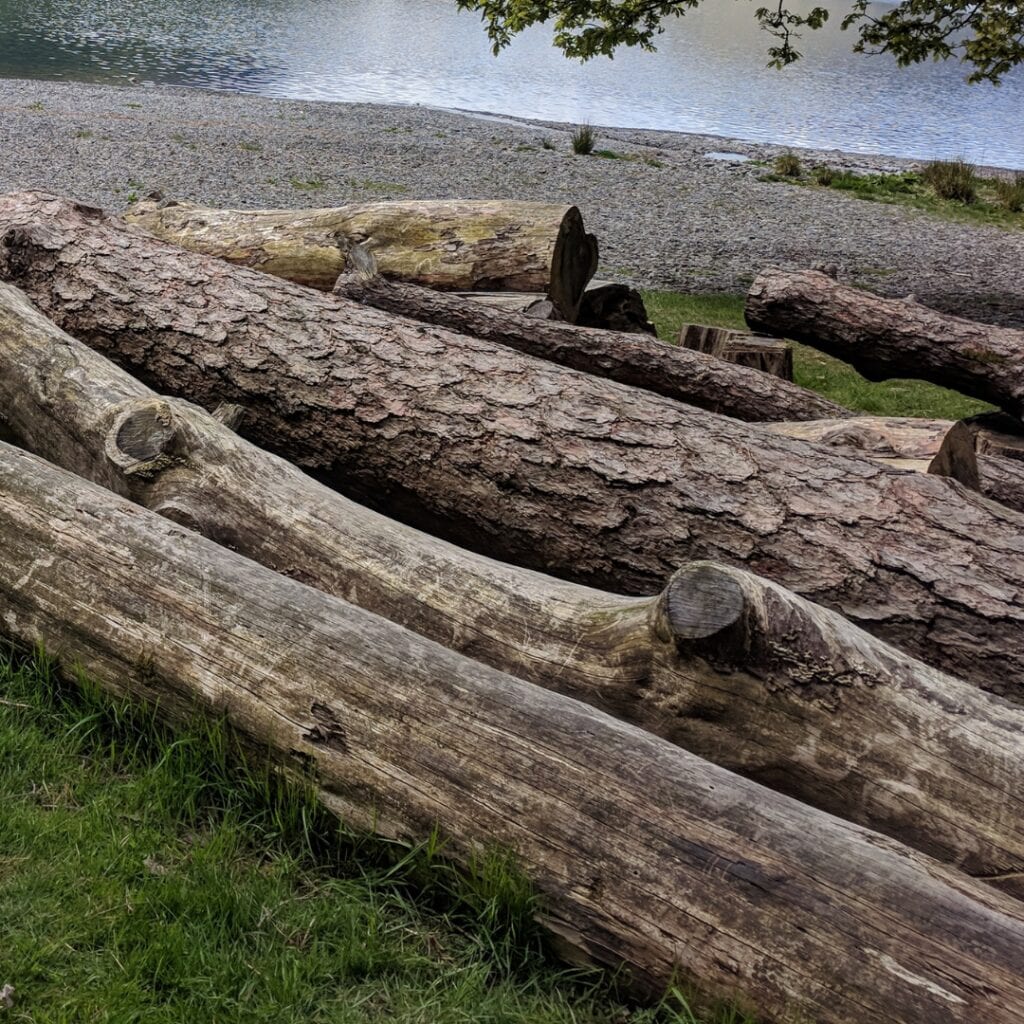- +44 (0)7495 828640
- Mon-Fri : 08:00 am - 19:00 pm
- [email protected]

What is Nature Therapy?
How Can We Use Nature in Therapy?
Nature therapy is growing in popularity as more and more of us turn to the natural world to find connection. Utilising nature for its therapeutic benefits is nothing new. Forest bathing has been popular in Japan since the 1980s. It involves immersion in a forest environment for a few hours, mindfully taking in the scents, atmosphere and sights of this special habitat. Studies say that this practice of Shinrin-Yoku can help reduce blood pressure, lower cortisol (stress hormone) levels and improve memory as well as concentration. Countries around Europe including the UK are trialling similar programmes such as Green social prescribing. This involves connecting people with nature in activities such as green walks, community gardening, park runs and green gyms.
Why is nature therapy so effective at boosting our wellbeing?
There is plenty of evidence to suggest that nature could be beneficial to our wellbeing. One theory is that the animal inside us is moving towards our natural habitat, needing a break from the man-made urban spaces many of us live in. Another might be that nature reminds us of happy childhood memories and family holidays – triggering positive associations to the natural world. Also, it may be connected to the colour green which is known for its refreshing, tranquil qualities which is thought to be excellent for concentration. Unsurprisingly, physical activity, so often connected with nature, gardening, running and walking, is great for our health and self-confidence.

How can you connect with nature to boost your wellbeing?
1. Step outside
If you need a boost, a break or a recharge, one of the most effective ways is to step outside and spend time appreciating the natural world around you. As much as we’d all love to live by rolling hills and lush lakes, for those of us in urban environments it might seem harder to find nature. In fact for most of us parks, courtyards, canals, gardens, balconies and houseplants may be more accessible. Essentially, when you are looking for it you’ll realise nature soon finds a way to reach you.
2. Nature activities
You may enjoy popping in your headphones and listening to a walking meditation or taking part in other nature activities such as bird watching, sketching or gardening. All of these activities can help ground you and enhance the connection to the outside world.
3. Bring nature inside
If you can’t get outside then bring nature inside! This could mean introducing houseplants into your work or living spaces, cooking fresh vegetables or listening to the soothing sounds of nature via Youtube or other musical apps.


Simply spending about 30 minutes a day outdoors, two or three times a week, can really increase your sense of wellbeing.
Top Benefits of Nature on Your Wellbeing
- Boosts vitamin D
- Promotes relaxation
- Enhances concentration
- Stimulates positive moods
- Lowers stress
- Lowers anxiety
- Improves immune system
Ecotherapy and Walking Therapy
Ecotherapy and walking therapy
With ongoing restrictions on face-to-face working, there has been an impetus to think about less-traditional forms of therapy that go beyond the physical confines of the counselling room. As a result, ecotherapy and walking therapy, which involve the therapist and client using the natural world as a setting to carry out counselling sessions, have become increasingly popular. They also offer an appealing alternative to online therapy, particularly for those who may find it limiting to work through difficult emotions over a screen.
Most importantly, nature can act as a soothing backdrop, with the ebb and flow of seasonal changes, the feeling of space and movement all providing a safe space to explore difficult issues or feelings. For instance, we have all experienced the benefits of long walks with a friend or family member in parks, woodland and the seaside, open spaces free us to be more focused and engage in meaningful conversations.
We offer Ecotherapy in Bedfordshire and Hertfordshire. To find out more about our Ecotherapy work email: [email protected]


.
Try this mindfulness exercise next time you are in the park:
- First, take a deep breath, the longest breath you’ve taken that day and look around you.
- What are five things you see? Really look and notice, take in the colours, the shapes, where is the light? Is there anything unusual? What haven’t you noticed before?
- Now close your eyes and really focus on what you hear. It could be birds singing, the sound of traffic, a distant dog barking, allow yourself to tune into the sounds around you.
- Next, take a moment and think about three things you feel. Think about your body, notice anything? Can you feel your feet in your shoes or the fabric of your clothing touching your body? There may be a breeze in the air or a slight ache in your wrist. Whatever it is spend a moment feeling it.
- What can you smell? Take in the scents around you, the smell of rain, the sweetness of a flower or even the pungent smell of the rubbish bins.
- Lastly, focus on what you taste. You might want to cheat a little here and be equipped with a packet of mints or sweets, or a sip of tea or a juice drink. Focus for a moment on what’s going on in your mouth, really taking the time to appreciate the taste.
Useful links:
Places to forest bathe: https://www.nationaltrust.org.uk/lists/a-beginners-guide-to-forest-bathing
Green social prescribing: https://www.nwcpwd.nhs.uk/attachments/article/639/Green%20Social%20Prescribing%2019.10.20%20Anna%20de%20Silvap
Benefits of Ecotherapy and Walk and Talk Therapy
- Can improve wellbeing
- Encourages physical activity
- Can aide a sense of connection
- Opportunity to practise mindfulness
- Beautiful natural scenery
- Can encourage a sense of liberation


